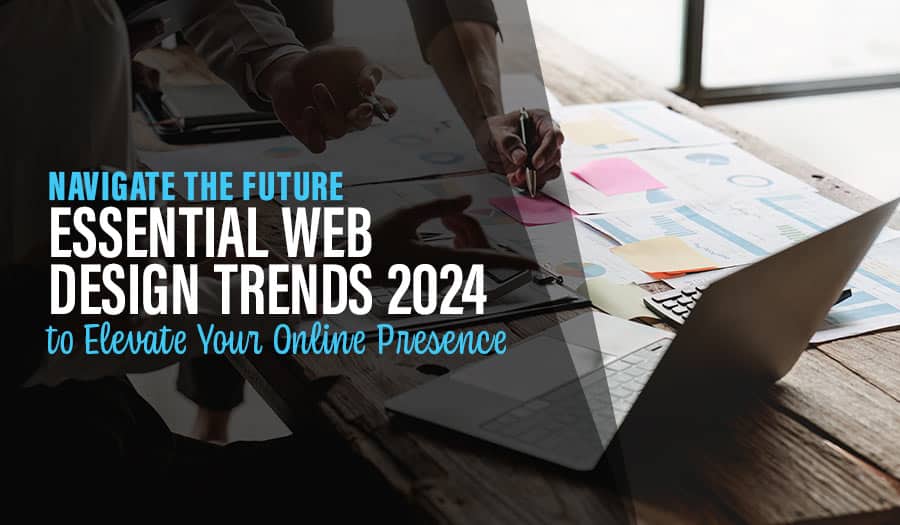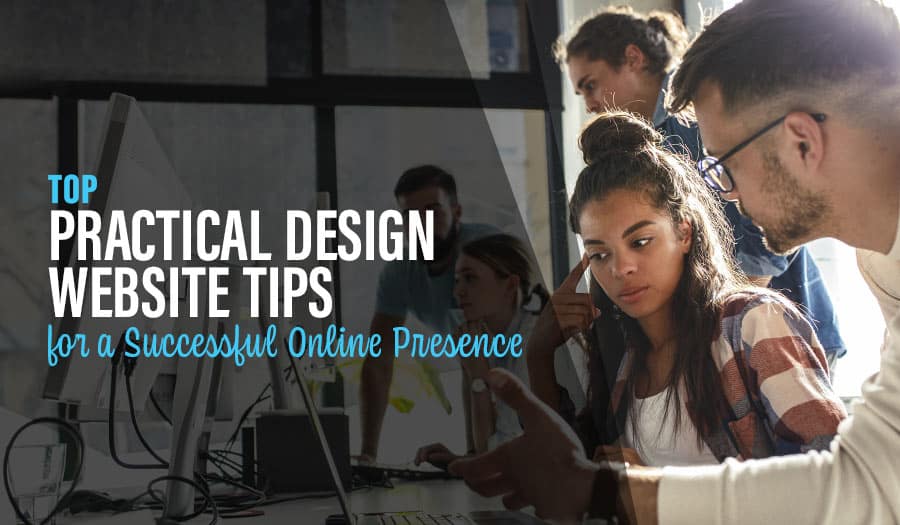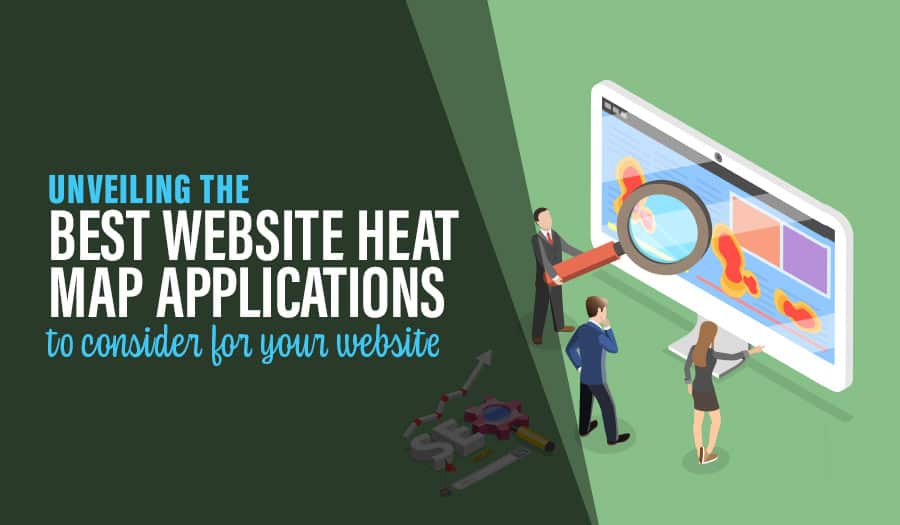Today, what you need to know about inbound marketing is that it is changing the way businesses interact with customers. Rather than searching for customers using traditional, outbound strategies, the inbound strategy means attracting customers to your online content. Over 73% of global businesses are using the inbound marketing methodology and are 4 times more likely to be successful than businesses using traditional outbound methods. So, what is inbound marketing?
Way back in 1999, a smart guy named Simon Godin said: “Permission marketing is the privilege (not the right) of delivering anticipated, personal and relevant messages to people who actually want to get them.” And this is how the concept that we now call inbound marketing, thanks to Brian Halligan and Dharmesh Shah’s book Inbound Marketing (Wiley: 2009), was born.
What You Need to Know About Inbound Marketing
Inbound marketing vs. outbound marketing ideology
Basically, inbound marketing is customer-centric whereas traditional, outbound marketing is marketer-centric. Traditional marketing methods focus on finding customers through advertisements on television or radio, cold-calling, direct mail campaigns, tradeshows or email spam. These tactics are becoming less and less effective now that technology gives the receiver the opportunity to block ads, delete email or throw paper in the trash. Traditional marketing is intrusive and consumers are getting tired of it.
On the other hand, inbound marketing is permission marketing as Simon Godin said because the customers are giving businesses “permission” to reach out to them through content that is useful and relevant. Businesses create online content through websites, blogs, e-books, webinars, white papers, research reports, podcasts, videos and on and on. This content attracts visitors to them without being intrusive. Businesses are now providing a service and an education for their visitors and are no longer an irritation.
What you need to know to begin your inbound marketing campaign
There are 4 stages in the inbound marketing methodology: attract, convert, close and delight.
Attract people to your site by creating helpful, engaging content through blogs, website optimisation and social media.
Convert those visitors into leads in the conversion process with calls-to-action, forms and landing pages.
Close the conversion process by turning leads into customers with CRM tools and email workflows.
Delight your customers and keep them engaged by using surveys, smart content and social media. Happy customers become great promoters for your business.
So, you know how to attract visitors and turn them into customers, but even more importantly, you must know who to reach out to to attract the right traffic to your site.
Your buyer personas represent who your company’s ideal customers are. Your marketing team must sit down and create representations of them by using your customers’ demographics, behaviour patterns, motivations and goals found through research and analysis.
Having detailed buyer personas is essential for your company to create effective content targeting and attracting visitors more likely to become actual customers. Focus your content on your buyer personas’ pain points, useful information, solutions to their problems, and how your product or service will help them.
With understanding who your potential customers are, is understanding your buyer persona’s journey. Where they are in their buying journey is influential to the content that you create and how the buyer reacts to it.
What is content, and why is it essential to inbound marketing?
Content is your company’s message and what you use to attract visitors to your sites and convert them into leads and eventually customers. Whenever a person uses a search engine to find information based on keywords, they discover content that is helpful to them. You want them to find your content and visit your site.
When you know what your buyer personas are searching for you can provide them with creative, interesting, helpful content through your website, blog and social media pages.
Times have changed and marketing tactics have too. Today, buyers have power, they can search for anything they want and find it online. Because of this, inbound marketing strategies are more successful at empowering people and allowing them to make purchasing decisions for themselves.
If there is more you’d like to know about inbound marketing and other topics, contact us today.
Let Pixel Fish take your business to the next level with a Stunning Business Website.
Check out some of our latest Website Design projects and Testimonials.
Further Information:
12 Tactics to Increase WordPress Website Speed
8 Top WordPress Security Plugins for Business Websites
10 Plugins that Showcase the Versatility of WordPress Website Design
7 Strategic Mobile Responsive Website Design Benefits
10 Signs Your Outdated Website Should Be Upgraded to WordPress
10 Ways to Improve Your Search Ranking for Your WordPress Website
WordPress Website Image Best Practices for SEO, Speed and Engagement
9 Essential Website Features for Remote Users
12 WordPress Web Design Tips for Small Businesses
10 Best Practices for a Successful WordPress Website Design Project
How to Create a Landing Page for Your Small Business: A Comprehensive Guide



